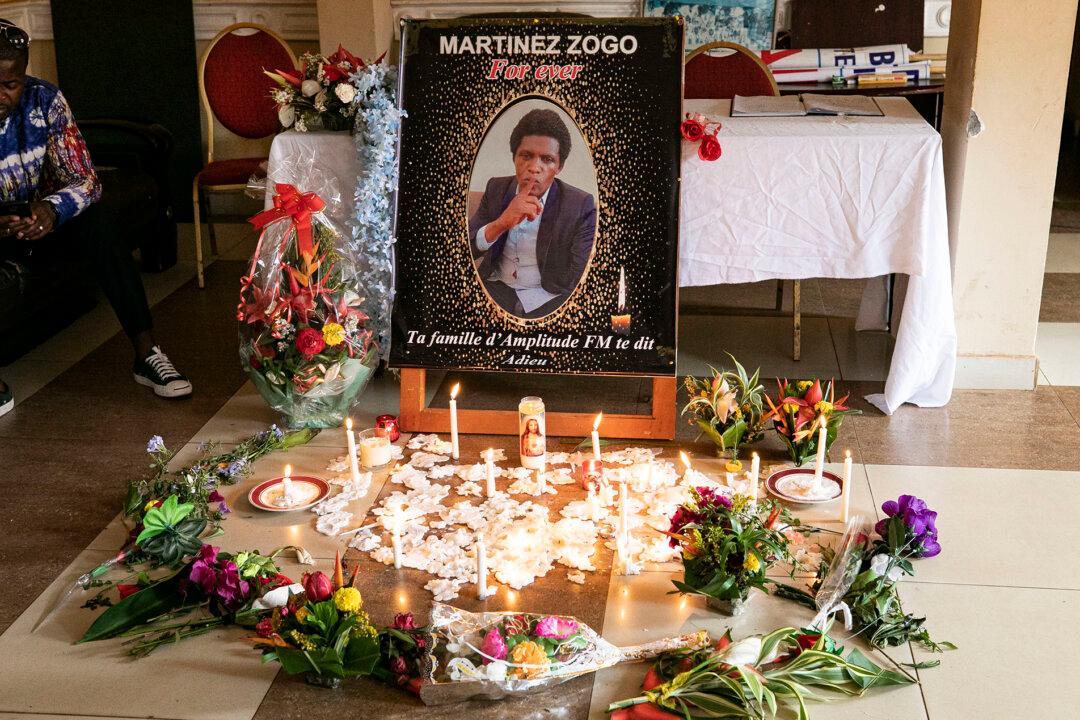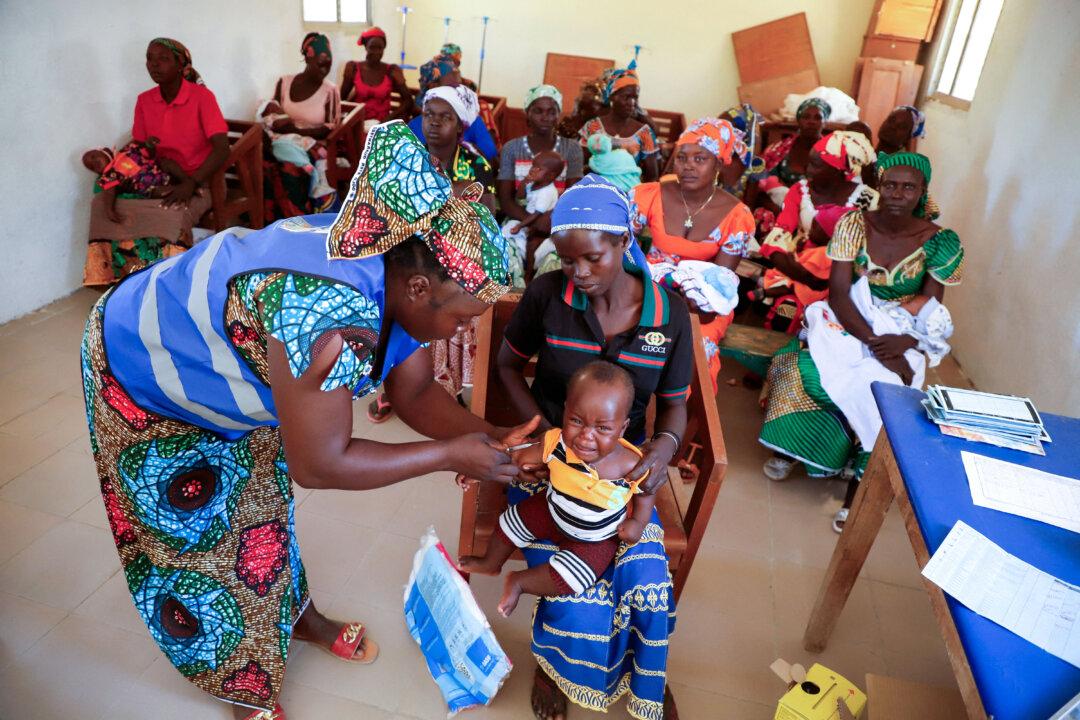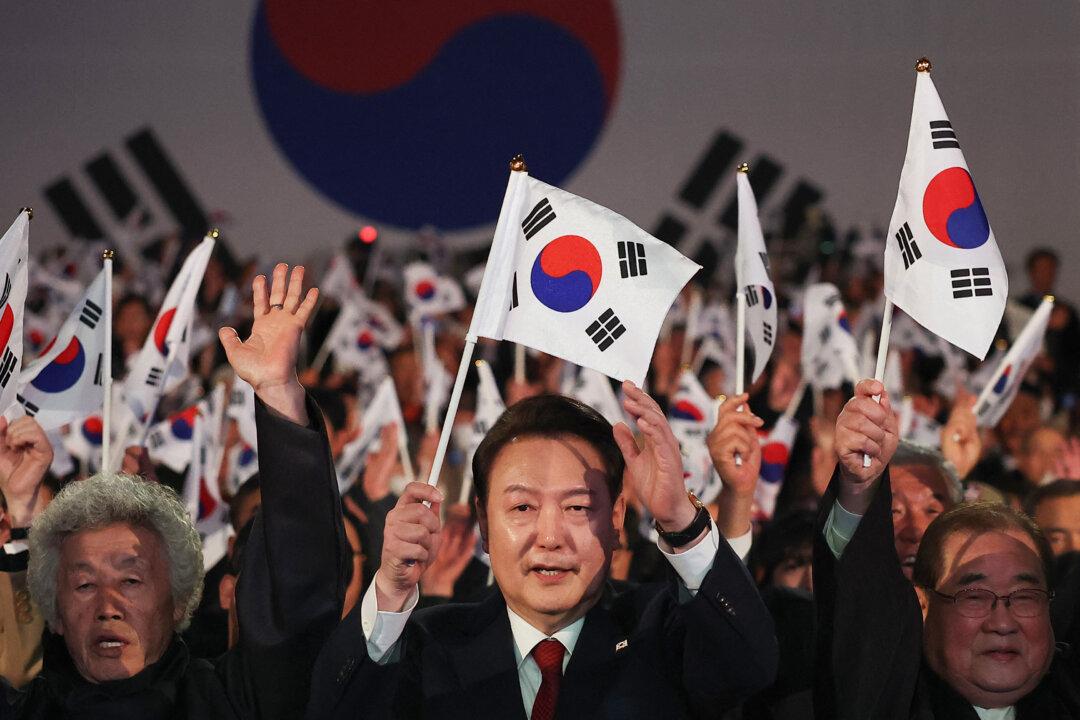“I won’t let you be ... You just have to kill me …” were Martinez Zogo’s last words on the airwaves of the privately-owned Amplitude FM radio station in Cameroon’s capital of Yaounde on Jan. 17, 2023.
In the satirical Embouteillages (Gridlock) daily slot that he was anchoring that fateful day, Zogo denounced an embezzlement case allegedly involving a Cameroonian media/business tycoon and his allegedly shady deals with the country’s powerbrokers.





